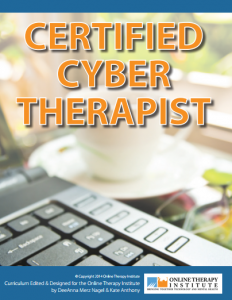 Virtual environments allow us create multiple alter-egos. We can climb into the skin of a “night elf” avatar in World of Warcraft or become a famous designer in Second Life.
Virtual environments allow us create multiple alter-egos. We can climb into the skin of a “night elf” avatar in World of Warcraft or become a famous designer in Second Life.
During many hours spent in game communities as a psychologist, Agata Pasikowska, a researcher in Poland, worked on the hypothesis that online 3D gaming in virtual environments can support personal awareness, learning and psychological growth.
Virtual worlds enable computer-mediated immersion and interactions encompassing multimodal communication channels including audio, video, and text. These are enriched by avatar-mediated body language and physical manipulation of the environment. Virtual reality possesses many qualities that give it rehabilitative potential for people with intellectual disabilities, both as an intervention and an assessment. It can provide a safe setting in which to practice skills that might carry too many risks in the real world. Unlike human tutors, computers are infinitely patient and consistent. Virtual worlds can be manipulated in ways the real world cannot be and can convey concepts without the use of language or other symbol systems.
… read the complete story ~ http://issuu.com/onlinetherapyinstitute/docs/tiltiss7?mode=window&pageNumber=14
This article first appeared in the September 2011 issue of TILT Magazine ~ Therapeutic Innovations in Light of Technology.
Click here to read the entire article.
Agata Pasikowska is a psychologist of new technology and communication and a PhD student in Psychology at the Warsaw School of Social Science and Humanities, Poland. She is interested in identities in cyberspace, Human Computer Interaction and the psychology of self. Her PhD project examines elements of dialogical self and dialogue between them using virtual reality environments.
Stephen Goss, PhD, is Principal Lecturer at the Metanoia Institute, and also an Independent Consultant in counselling, psychotherapy, research and therapeutic technology based in Scotland, UK (http://about.me/stephengoss).
Please send reports of research studies, planned, in progress or completed, to the TILT Editor at editor@onlinetherapymagazine.com, subject line: Research Review.


